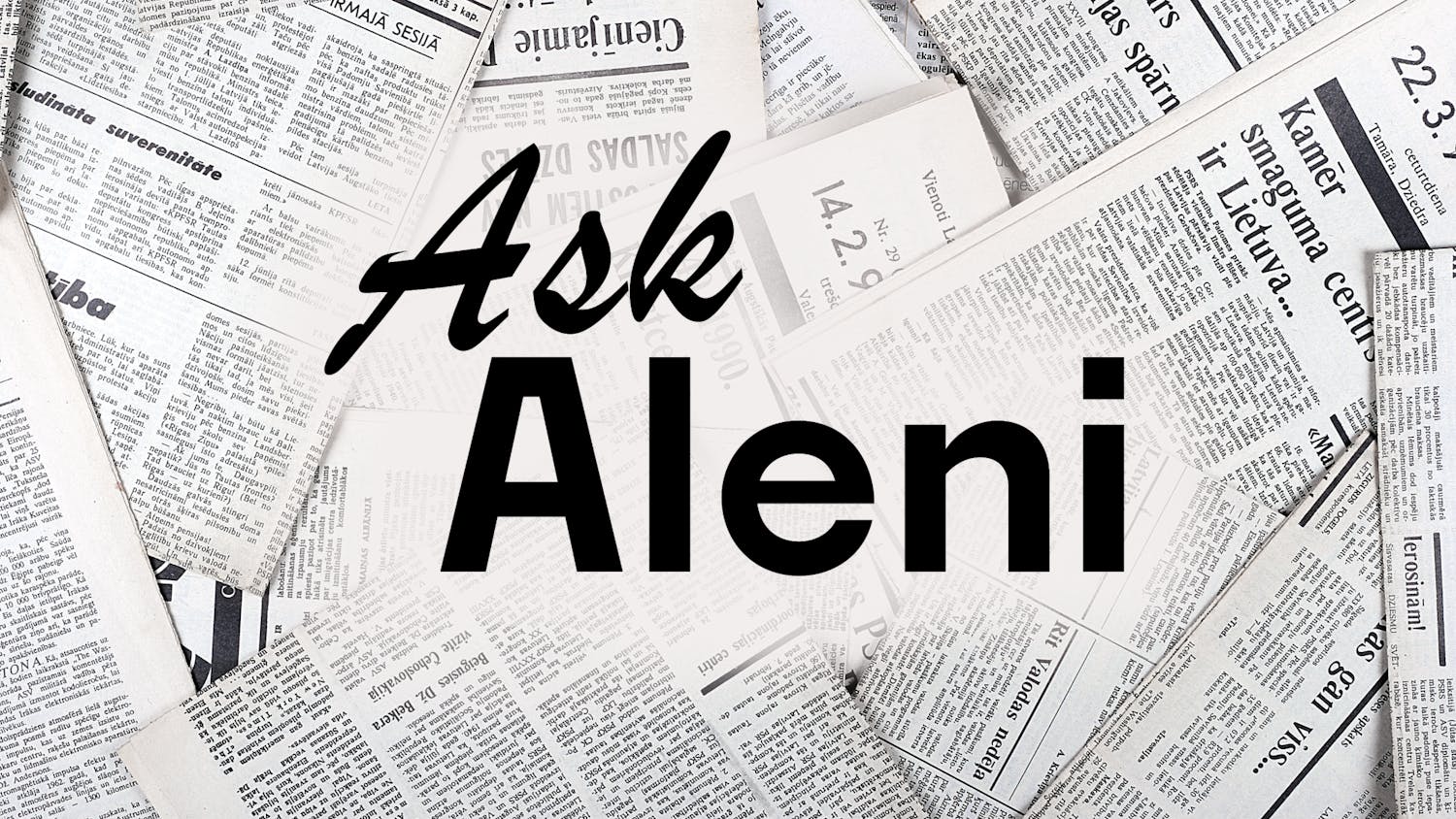Bisexuality, or the attraction to two or more genders, appears to be firmly rooted in the LGBTQ community — it is what that B stand for, after all. But those who identify with this label actually suffer from mistreatment and an abundance of negative stereotypes, many of which come from within queer communities.
While these stereotypes apply to most bi people, there are a few that run particularly rampant for bisexual women, who are both subject to biphobia and general sexism that make these stereotypes worse.
It is common to not accept bisexuality as a unique identity at all. Instead, many view it as being “half gay, half straight.” A bisexual person’s attraction is often believed to be dictated by their current partner. This creates the idea that bisexual people are faking their attraction, are untrustworthy or otherwise not valid, and are able to be easily erased.
When applied to bisexual women, this stereotype is worsened by the idea that a woman is defined by her relationships with other people. Quite simply, a bisexual woman does not “become straight” when she dates a man, nor does she “become a lesbian” when she dates a woman. A bisexual woman keeps her unique identity no matter who she chooses to have a relationship with, and she remains queer when she is in a relationship with a man.
Related to this, many people in queer communities view bisexuality as a mid-point to fully coming out as gay. It is true that many gay women (myself included), will label themselves as bi before fully coming out. Some gay women use the bi label because they are testing the waters of acceptance of others around them or are not fully aware of their exact attraction yet. But the use of the bisexual label by someone who later changes how they define their identity does not make actual bisexuality any less valid.
On the flip side, there is also the wide-spread belief that bisexual women are just straight women who are faking it their sexuality or using the bisexual label to gain attention. This is only made worse by actual straight women calling themselves bisexual while temporarily experimenting with other women. This stereotype is deeply ingrained in not only the prejudice against bisexual people, but also the general mistrust of queer people and women. But bisexual women are not using their sexuality for any ulterior motive, to trick people or to gain attention. Instead, actual bisexual women are simply using the label the way anyone else uses labels — to define themselves and express their feelings.
Finally, even when the true spectrum of attraction that comes with bisexuality is acknowledged, it is popular to believe that bisexual people are promiscuous or more likely to cheat on their partners than their straight or gay counterparts.
This is only made worse for bisexual women due to the rampant over sexualization of queer people — especially queer women — and also the shame we place upon sexually active women. And it’s true. Bisexual women can cheat on their partners or be promiscuous. So can anyone.
Sexuality does not make anybody more likely to be unfaithful — morality and personality do.
Unfortunately, the issues discussed here are nowhere near all of the negative stereotypes that surround bisexuality and especially women that identity with the label. But while it is important to remember most of these stereotypes are unfounded, it is equally important to keep in mind that there is not a “proper” way bisexuals need to act.
They are not obligated to constantly combat and defend themselves against stereotypes, and instead deserve to express themselves and pursue relationships in whatever way they see fit, like any other person.
No matter how they choose to do this — by dating multiple people, only seriously dating one particular gender, or never dating anyone at all — they still deserve to be accepted, celebrated, and most of all, viewed as valid.
Delaney Murray is a freshman studying journalism with a focus in news and information at Ohio University. What other stereotypes about bisexuality do you find harmful? Let Delaney know by emailing her at dm181515@ohio.edu or tweeting her at @delpaulinem.






